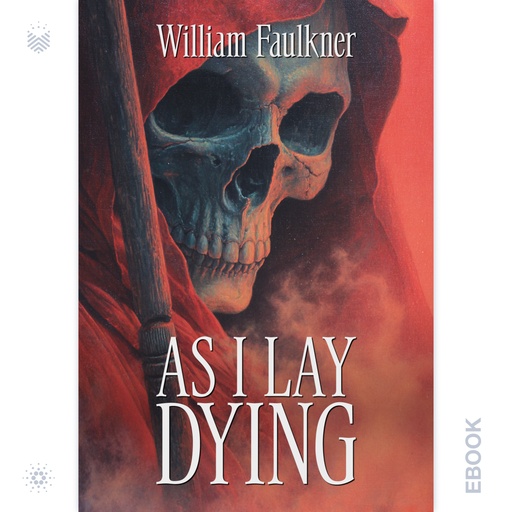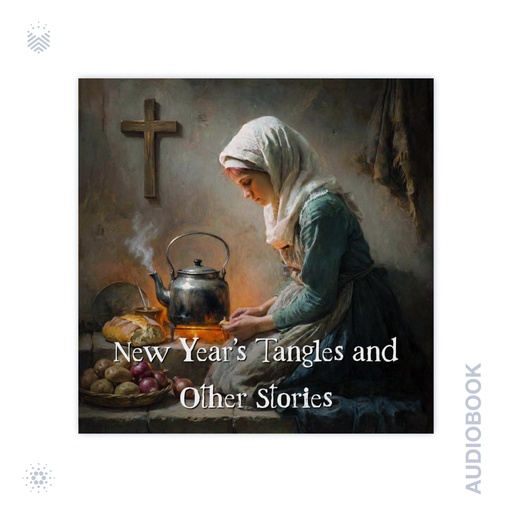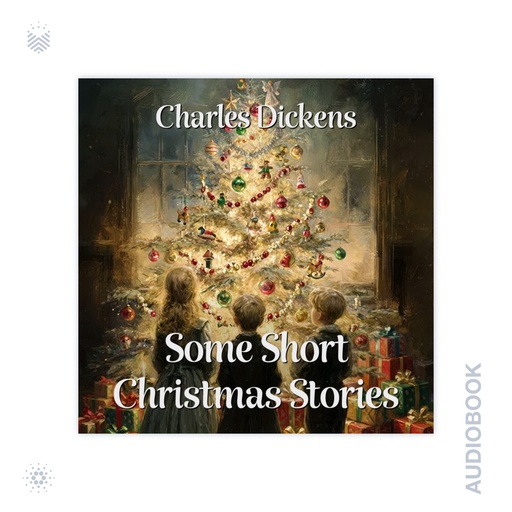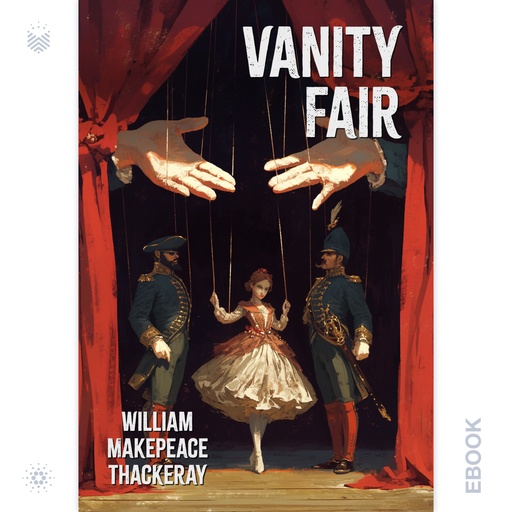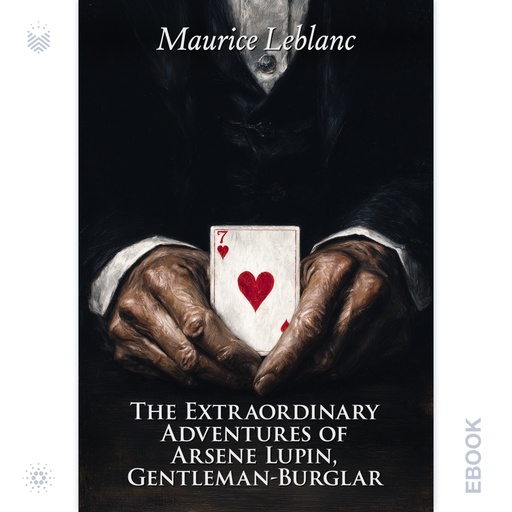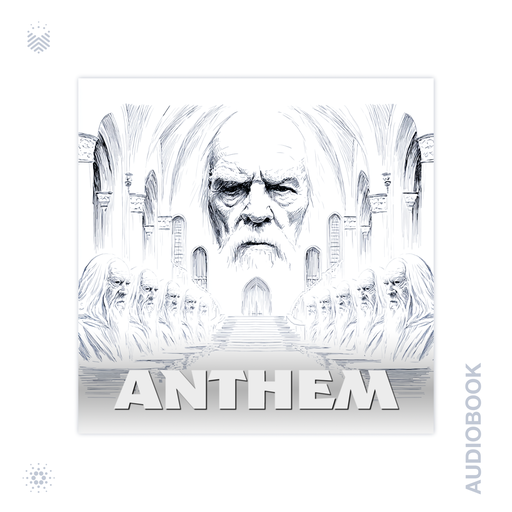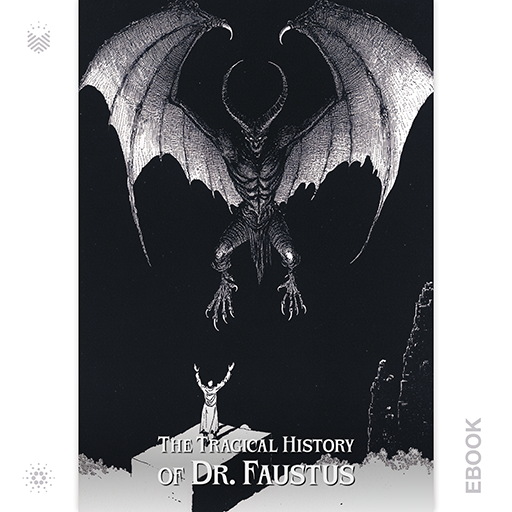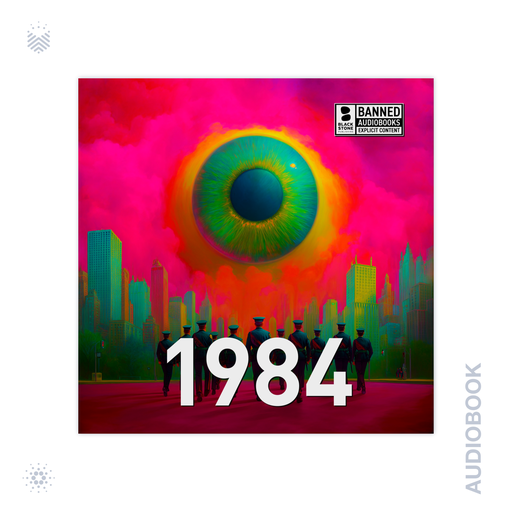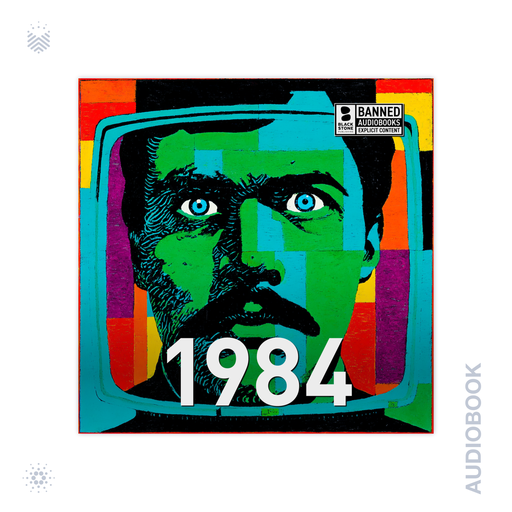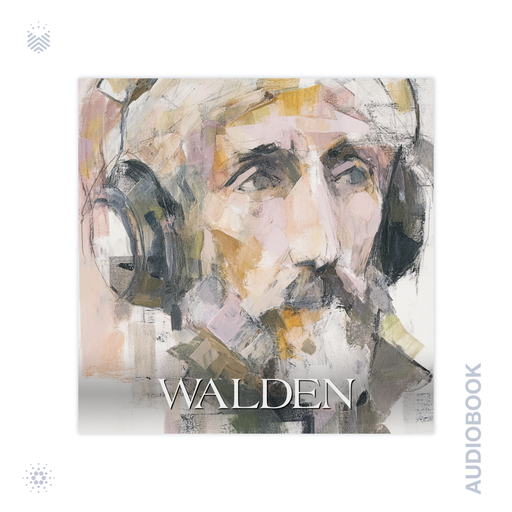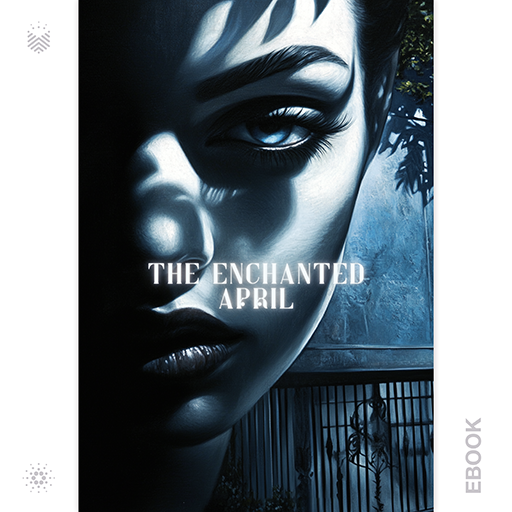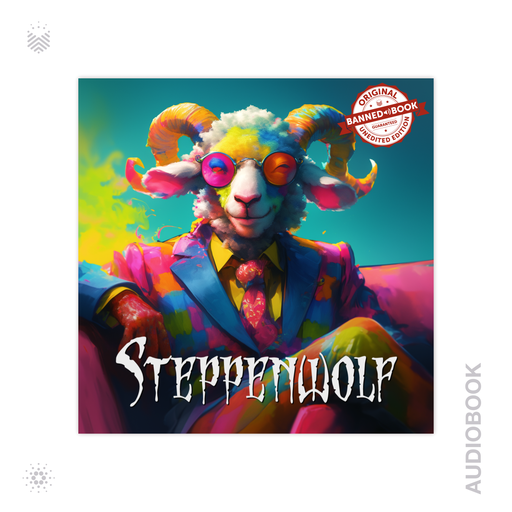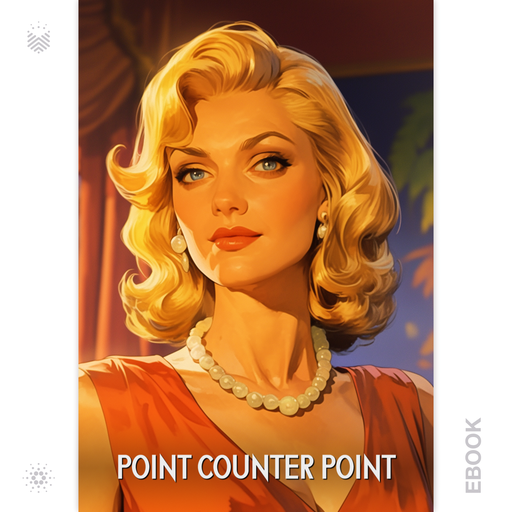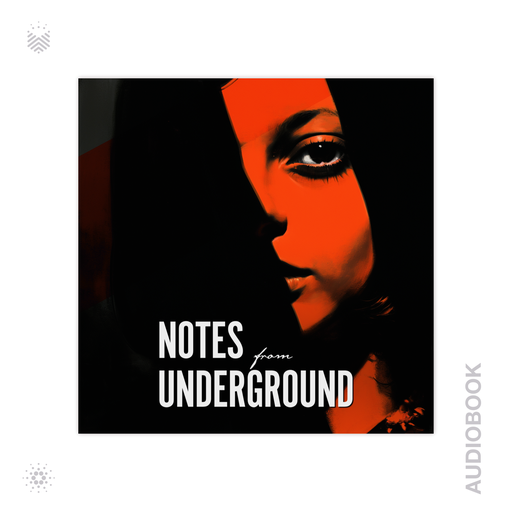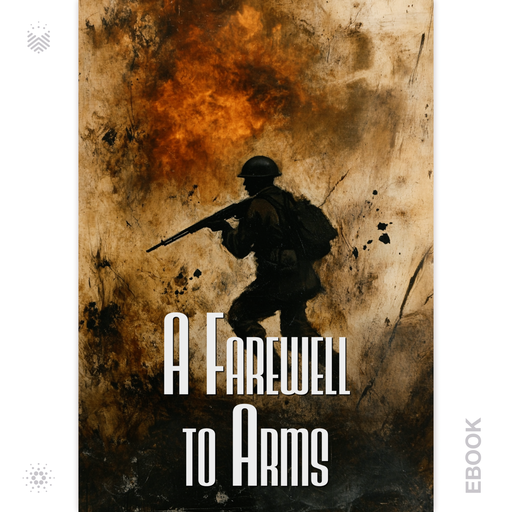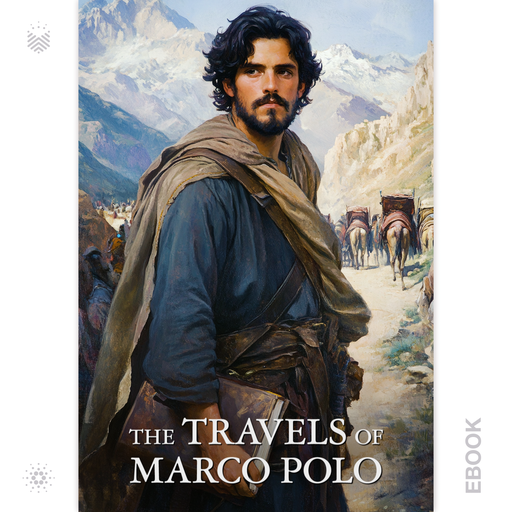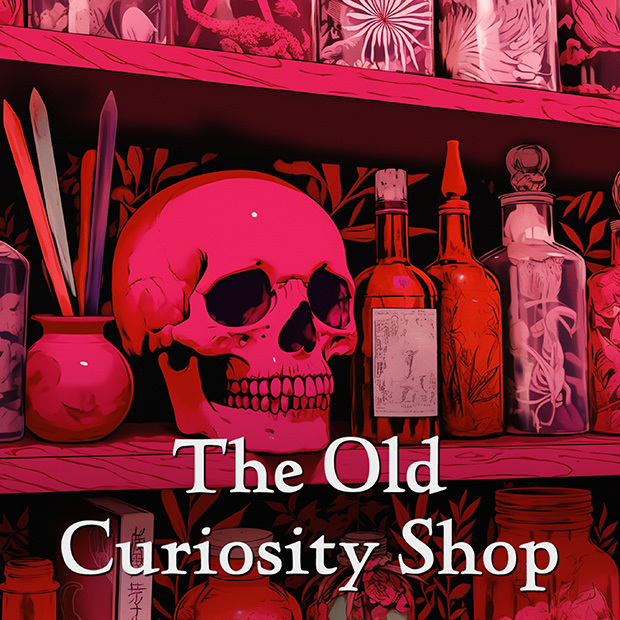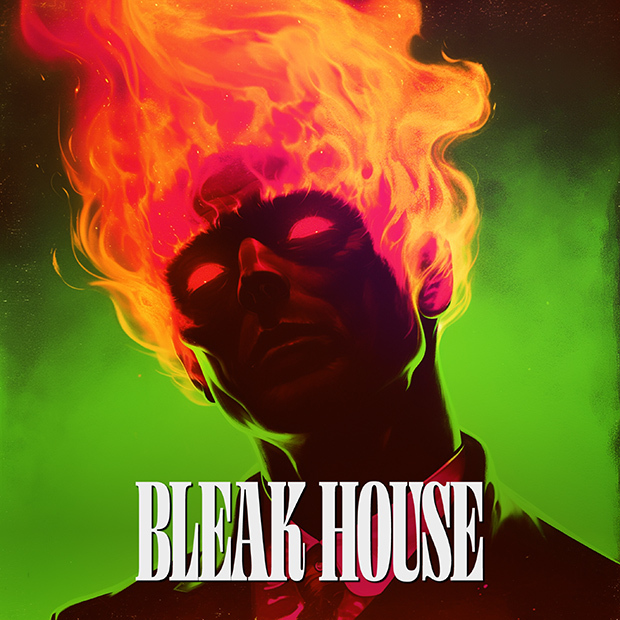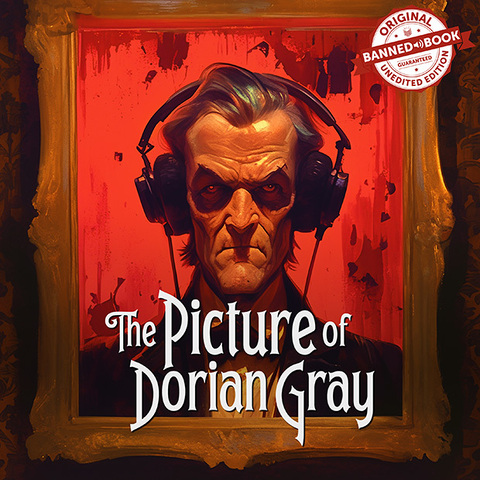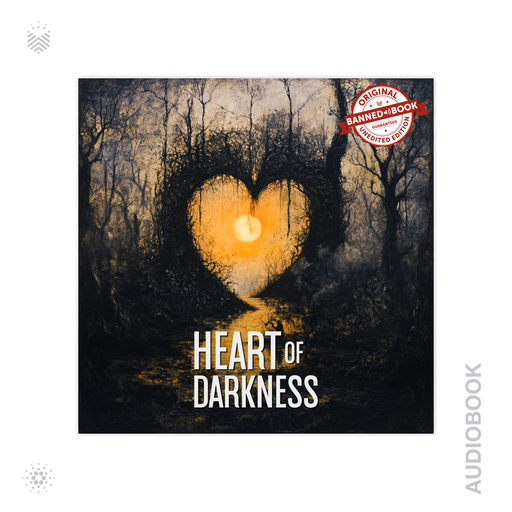by William Faulkner
As I Lay Dying opens with urgency and intimacy as William Faulkner plunges readers into a family bound by duty, denial, and relentless motion. The novel announces its intent immediately by refusing comfort, clarity, or a single truth, instead demanding the reader confront grief as lived experience rather than sentiment.
Read More
by Pansy
New Year’s Tangles and Other Stories presents a rich blend of short tales and reflections that explore beginnings, relationships, and everyday moments tied to the spirit of the New Year. Readers encounter a variety of narratives that mix fictional episodes with observations drawn from life and faith. The book invites thoughtful reflection on hope, challenge, and personal growth around a season of renewal.
… Read More
by Charles Dickens
Some Short Christmas Stories gathers a set of beloved holiday tales by Charles Dickens that evoke the spirit of Christmas through warmth, reflection, nostalgia, and human connection. Dickens invites listeners into scenes around the Christmas tree, childhood memories, family bonds, and the compassion that defines the season. This collection captures festive charm and timeless insight into how Christmas touches hearts of all ages.
… Read More
by Kat Mizera
This eBook contains explicit language, sexual content, and themes that may not be suitable for all readers. Discretion is advised. Recommended for mature audiences only.
Christmas is meant to be magical, especially with the arrival of our first baby. But instead of joy, we find ourselves navigating a storm of emotions.
Read More
by Kat Mizera
This eBook contains explicit language, sexual content, and themes that may not be suitable for all readers. Discretion is advised. Recommended for mature audiences only.
Since my wife died, my life’s been all about two things: hockey and my son. Love? Off the table…. This special edition contains three exclusive AI, not-safe-for-work adult images, made just for this release.
Read More
by William Makepeace Thackeray
William Makepeace Thackeray’s Vanity Fair captures the follies, ambitions, and hypocrisies of early 19th-century English society. At its heart is Becky Sharp, a clever, ruthless social climber whose wit and determination drive her through the rigid class structures of her time.
Read More
by Maurice Leblanc
The Extraordinary Adventures of Arsène Lupin, Gentleman-Burglar introduces readers to the world’s most charming thief. Written by Maurice Leblanc, the collection of short stories presents Lupin as both a criminal mastermind and a man of wit, daring, and honor. His exploits mix suspense, intrigue, and humor, making him one of literature’s most enduring anti-heroes.
Read More
by Ayn Rand
Anthem by Ayn Rand thrusts readers into a stark, dystopian world where individuality has been erased and the word “I” no longer exists. Rand uses this brief yet powerful novella to challenge collectivist ideologies and celebrate the rediscovery of the self.
Read More
by Bram Stoker
The Lair of the White Worm captures the eerie imagination of Bram Stoker, blending ancient myth with Victorian dread. This gripping tale unfolds with a clear sense of menace, as a young Englishman uncovers a terrifying secret buried in the countryside. Stoker plunges readers into a chilling narrative where science, superstition, and survival collide.
Read More
by Christopher Marlowe
Christopher Marlowe’s The Tragical History of Dr. Faustus is a gripping tale of ambition, hubris, and the eternal consequences of overreaching. This timeless tragedy explores the dark allure of forbidden knowledge and the price of making a deal with the devil.
Read More
by George Orwell
One of the most celebrated classics of the twentieth century, this cautionary tale of a man trapped under the gaze of an authoritarian state is more relevant now than ever before.
First published in 1949, this disturbing novel that George Orwell wrote during a time of great social and political unrest centers on the consequences of totalitarianism, mass surveillance, and repressive regimentation of people and behaviors within society.
This classic of dystopian fiction contributed new words that … Read More
by George Orwell
One of the most celebrated classics of the twentieth century, this cautionary tale of a man trapped under the gaze of an authoritarian state is more relevant now than ever before.
First published in 1949, this disturbing novel that George Orwell wrote during a time of great social and political unrest centers on the consequences of totalitarianism, mass surveillance, and repressive regimentation of people and behaviors within society.
This classic of dystopian fiction contributed new words that … Read More
by Henry David Thoreau
Walden by Henry David Thoreau invites readers into a deeply personal experiment in simple, deliberate living. Thoreau withdrew from society in 1845 to spend over two years in a cabin near Walden Pond in Concord, Massachusetts. During this time, he observed nature, reflected on human society, and recorded his insights with clarity and conviction. His aim focused on stripping life down to its essentials to understand what truly matters, challenging readers to reconsider their assumptions about suc… Read More
by Elizabeth von Arnim
Elizabeth von Arnim’s The Enchanted April is a luminous and uplifting tale of self-discovery, friendship, and the transformative power of nature. Set against the idyllic beauty of the Italian Riviera, it offers readers a refreshing escape into a world of renewal and joy.
Read More
by Hermann Hesse
Steppenwolf by Hermann Hesse delves into the depths of the human psyche, blending philosophical exploration with psychological turmoil. A novel of existential crisis and self-discovery, it follows a man torn between his refined intellect and primal instincts. Through surreal encounters and introspective revelations, Hesse crafts a deeply personal and hauntingly universal meditation on identity, isolation, and transformation.
… Read More
by Aldous Huxley
Aldous Huxley’s Point Counter Point dazzles readers with its sharp wit, biting satire, and vivid exploration of 1920s social and intellectual life. This masterful novel captures the essence of human conflict, blending psychological depth and philosophical inquiry in a narrative symphony of opposing ideas.
Read More
by Fyodor Dostoevsky
Fyodor Dostoyevsky’s Notes From Underground is a groundbreaking exploration of the human psyche, delving into themes of alienation, morality, and self-awareness. This novella challenges readers to confront uncomfortable truths about society and the individual’s place within it.
Read More
by Ernest Hemingway
Ernest Hemingway’s A Farewell to Arms is a timeless exploration of love and loss set against the harsh realities of war. With its gripping narrative and poignant emotions, this novel captures the fragility of human connections amidst the chaos of conflict.
Read More
by Marco Polo, Rusticiano da Pisa
Step into the medieval world with The Travels of Marco Polo — Volume 1 & 2, a collaborative masterpiece by Marco Polo and Rusticiano da Pisa. This remarkable narrative brings to life the vast and diverse lands of Asia, as seen through Marco Polo’s adventurous eyes and Rusticiano’s vivid prose.
Read More
by Charles Dickens
A Christmas Carol is one of Charles Dickens’s most beloved works, a timeless tale of redemption, compassion, and the spirit of Christmas. Set in Victorian London, this novella tells the transformative journey of Ebenezer Scrooge, a miserly businessman who learns the true meaning of generosity and humanity after a series of ghostly visits on Christmas Eve. With its heartwarming message and unforgettable characters, the story continues to resonate across generations.
… Read More
by Charles Dickens
Step into the heartwarming yet heartrending world of The Old Curiosity Shop, where Dickens masterfully weaves a tale of resilience, love, and human frailty.
Read More
by Charles Dickens
Dive into the intricate world of Bleak House, a masterful novel by Charles Dickens that blends mystery, satire, and social commentary.
Read More
by Oscar Wilde
The Picture of Dorian Gray by Oscar Wilde is a haunting exploration of vanity, moral decay, and the pursuit of eternal youth. The novel follows the charming and handsome Dorian Gray, who, after a fateful wish, remains eternally youthful while a portrait of him bears the marks of his sins and corruption. As Dorian delves deeper into a life of indulgence and depravity, Wilde masterfully exposes the darkness lurking beneath society’s obsession with beauty, revealing the high cost of living a life… Read More
by Joseph Conrad
Joseph Conrad’s Heart of Darkness, first published in 1899, remains one of the most powerful and haunting explorations of human nature and colonialism. The novella takes readers on a journey into the depths of the African Congo, where the line between civilization and savagery blurs in disturbing ways.
Read More

